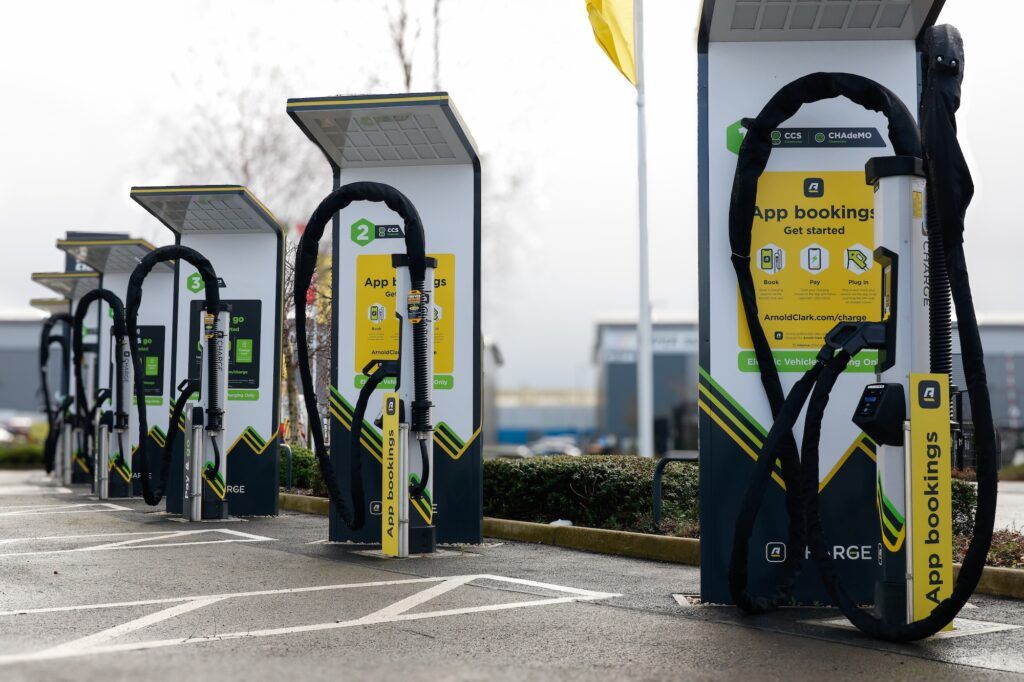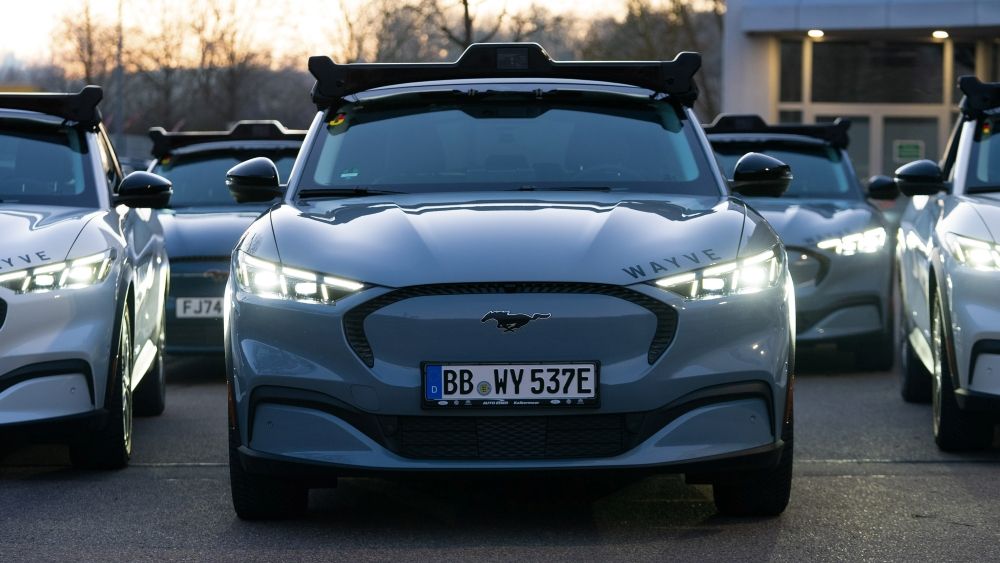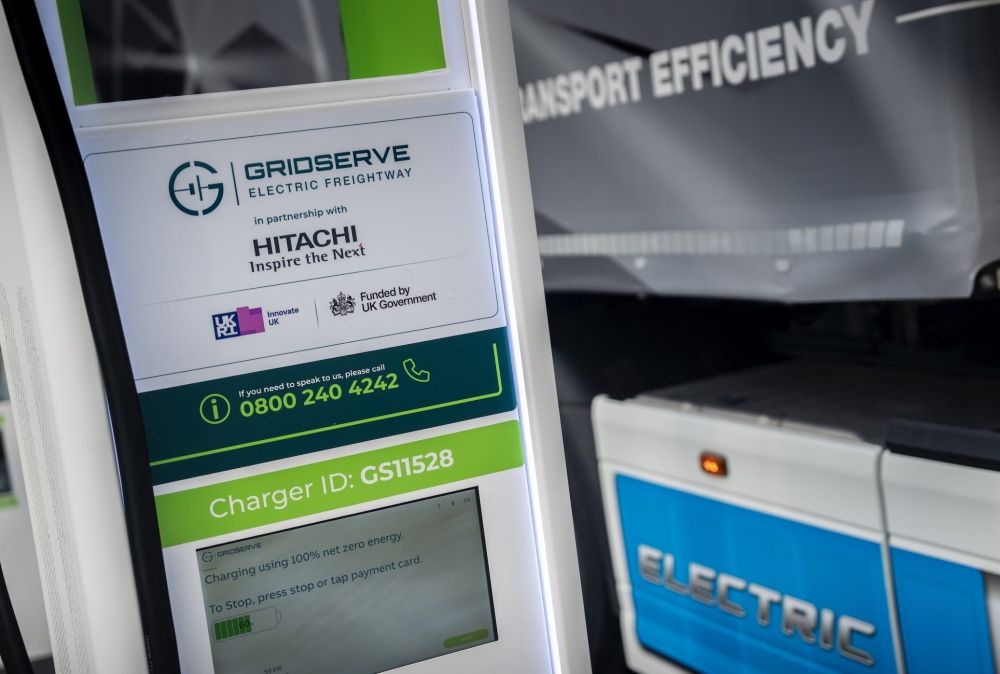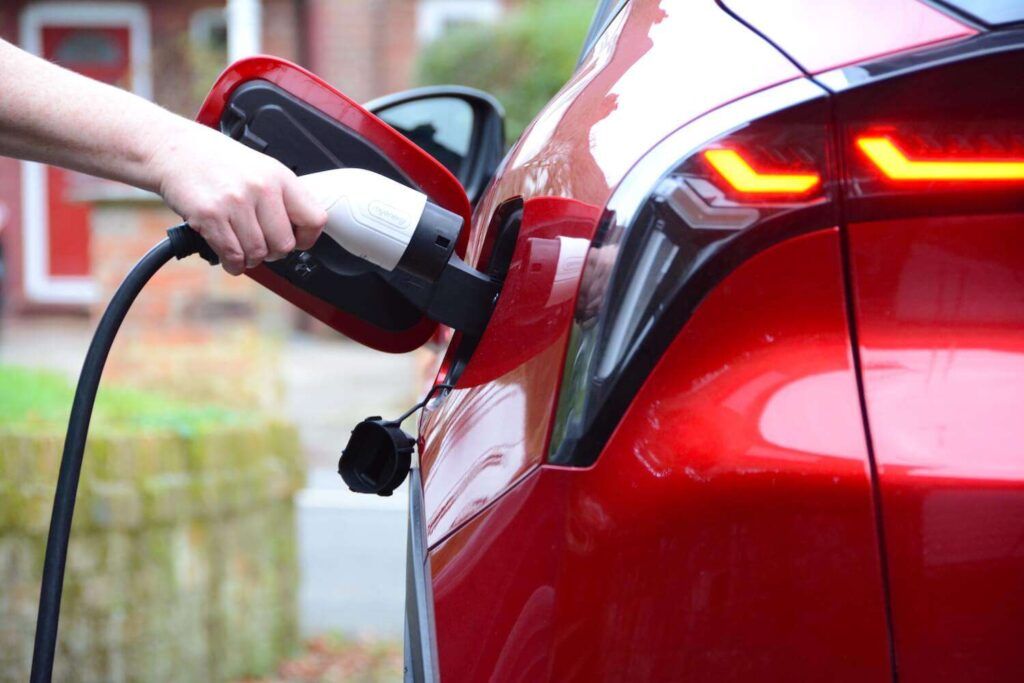EXCLUSIVE: Following on from the demise of UK battery hopeful Britishvolt, former Director of Communications and PR, Ben Kilbey, reflects on some of his learnings over the past two years. He looks to what the future may herald for the site in Northumberland and explains the necessity for correct policy to bolster the UK battery and electric vehicle industry.
Britishvolt’s demise was a very sad day. Not only for its dedicated and talented workforce, but also the country at large.
The headlines quickly reversed from poster child to ugly duckling. A cruel endorsement of a company formed to do the right and responsible thing, yet in many ways, not fully equipped to build out the UK’s pomp and bluster around being a true battery superpower.
The real fear for me now is the damage this will do for the UK and its attractiveness as a green tech investment hub. Already the headlines are questioning the Government’s self-imposed 2030 internal combustion cut-off date. But why? Fingers point at a start-up trying to do the unimaginable. But tell me this: who else was trying? Where is the policy that will attract the bigger names and brands to be as ambitious as a start-up? A start-up born out of a pandemic.
The vision and belief were correct. Manufacture sustainable, low-carbon battery cells, creating the jobs and industry of the future. Utilise the UK’s word-class battery cell ecosystem, including the UK Battery Industrialisation Centre and Faraday Institution, and build out an industry that proved to the world that the UK can commercialise on its world-renowned research and development.
The reality is that building large battery manufacturing facilities is incredibly expensive. I do not need to go over the external factors that are now making raising money for pre-revenue start-ups incredibly difficult and battering household spending. No one is immune. The country went from pandemic to financial crisis, and now interest rates are rising, and the era of cheap money and tech spending sprees is drying up.
In my opinion, three factors culminated to the downfall of the UK’s first true battery champion.
1. Policy and public/private partnership failed – this needs to be remedied for the UK to attract investment
2. Financial markets crushed fund-raising for a business that is capital intensive
3. Inexperience in building battery manufacturing facilities at enormous scale
That doesn’t mean it’s over. Not by a long shot. The site in Northumberland remains the best in the country for a Gigafactory, and the technologies developed by Dr Allan Paterson and his R&D team at Britishvolt showed increasing promise and success.
Someone will build a successful battery manufacturing facility on the site in Northumberland. Britishvolt and its people paved the way. This should not be forgotten. The power of Britishvolt was its people, and many of them will continue to shine and deliver the UK’s energy transition ambitions.
It seems that the UK does not yet fully grasp the importance of creating strategic national battery assets and that a battery factory cannot be expected to make a profit from day zero. It is about partnerships between public and private sectors to ensure energy security and independence.

Sadly, the lack of government support – owing to what some will call sensible milestones and others will call unachievable in times of crisis – and globally-perceived mismanagement of the economy in the last quarter of 2022, spooked other investors which caused a domino effect.
Looking ahead, it is highly likely we will see increased mergers in the rapidly scaling global battery industry. We know there is only a finite amount of talented people with the necessary skills and experience to go round, so it will make sense to consolidate where possible to ensure delivery of sustainable battery products to Europe and the US.
We will also likely see the Europeans increase their focus on building out battery cell capabilities to keep up with the US following the Inflation Reduction Act (IRA) in 2022.
One thing is for sure, 2023 will be another huge year in the evolution of the battery industry. Do not expect moon shots, but more consistent and methodical improvements. A big challenge will also continue to be raw materials pricing and the net effect on battery cell costs. But, as is always the case, the cure for high prices is high prices.
Let us not do ourselves an injustice and allow one hurdle to destroy the country’s EV and battery ambitions. Net Zero is a must, not an if, and collaboration and teamwork are more essential than ever to make this a success. And it will be.
I am confident that a battery economy will thrive in the UK. We are building out an ecosystem of lithium refining, for instance with Green Lithium and Tees Valley Lithium, and it is logical to feed raw materials into home grown gigafactories. From challenges come opportunities, and the site in Northumberland offers a huge opportunity. Nobody said the energy transition will be easy.
In addition, we have a world class EV charging industry that will drive a data-led revolution and ensure that the UK remains a contender on the global EV map.
Take my word: a battery manufacturing facility will be delivered on the site in Northumberland. Under which brand, time will tell. Let us take the learnings from the Britishvolt experience and ramp up our efforts for a clean air future for all. I reiterate, net-zero is a MUST, not an IF.
Ben Kilbey, Founder of Communications Advisory Bald Voodoo.












